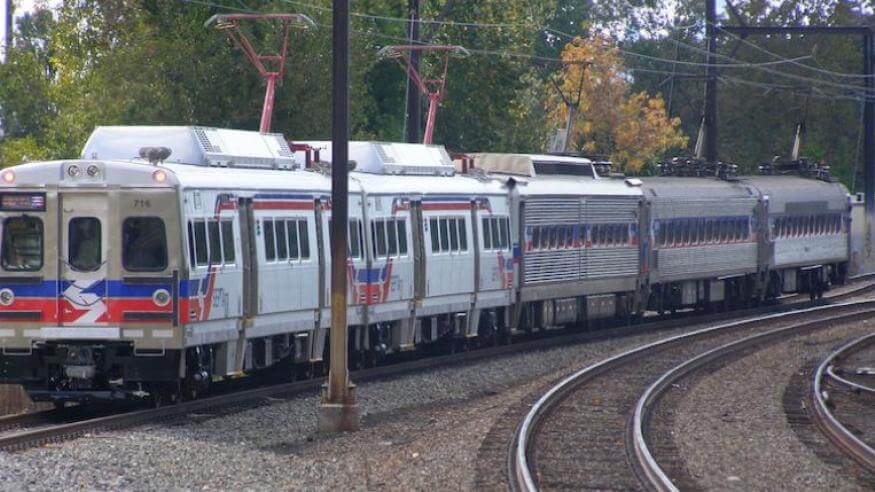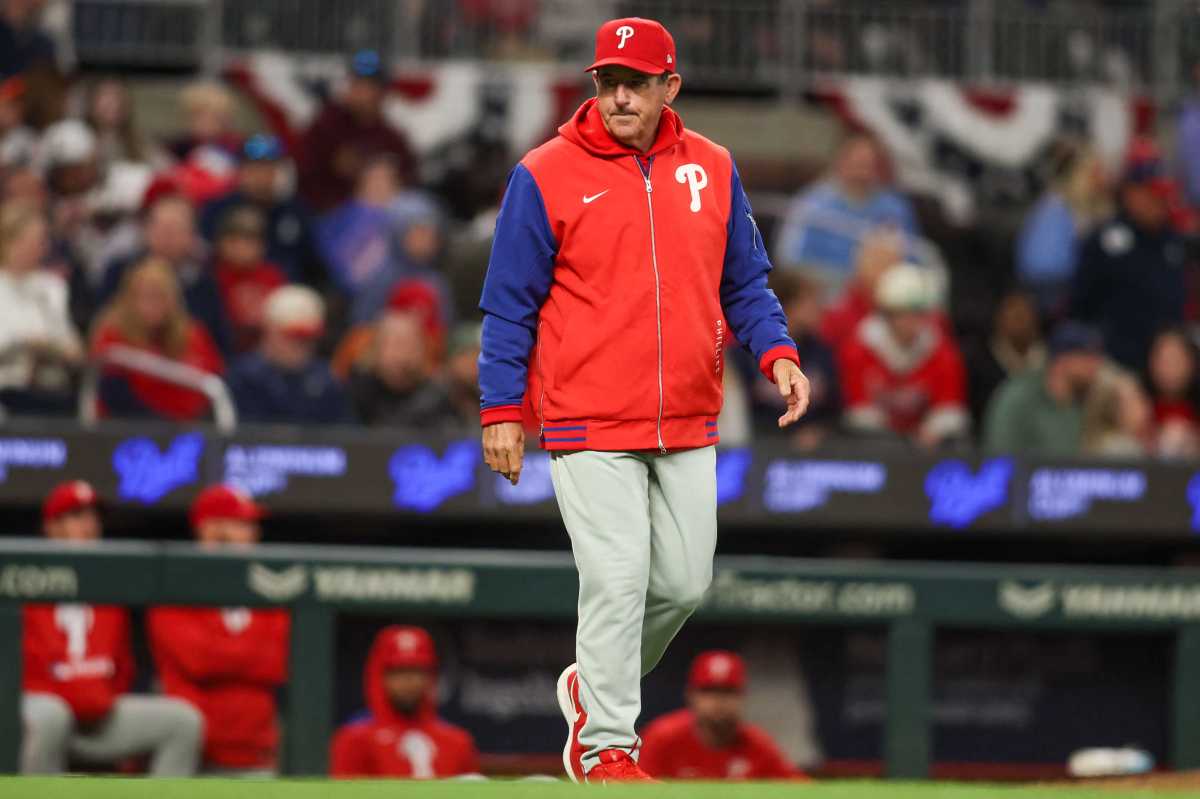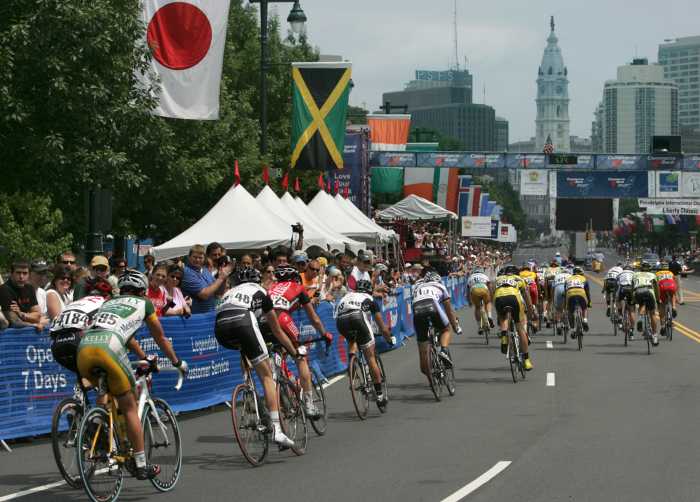SEPTA’s plan to build a power plant near the Wayne Junction area, between Germantown and Nicetown, has earned fiery opposition from environmentalists who call the project a “gas plant” that will harm their quality of life. But SEPTA says the plant is part of their sustainability program and which actually help reduce greenhouse gas emissions.
SEPTA said its $26.8 million project, the Midvale Combined Heat and Power Plant (CHP), would supply half the energy needs of the Regional Rail system.
The CHP “both reduces the risk of and prepares for climate change. According to the U.S. EPA, this project will reduce greenhouse gas emissions by 41 percent compared to the electric grid, while at the same time improving the transportation system’s overall resiliency to extreme weather,” SEPTA officials said in a statement. “The Midvale Complex is the only place the project could be built because it is the location where all of the power for SEPTA Regional Rail is fed from the electric grid.”
But some environmentalists and their supporters, who packed a permits hearing on Tuesday at the Zoning Board of Appeals, disagreed.
“We urge SEPTA to suspend plans to build the proposed power plant. This project would lock in many years of toxic air pollution and greenhouse gas emissions,” state Rep. Chris Rabb wrote in a letter of support to 350 Philadelphia, one of the environmental groups opposing the plant. “The plant’s emissions and other impacts would place an undue environmental burden on the residents of Nicetown and the surrounding communities without providing them with any economic benefit.”
The proposed plant’s location is at SEPTA’s Midvale Depot, located between West Hunting Park Avenue and Roberts Avenue/Route 1, in a mostly industrial area that is also home to a scrap metal facility. SEPTA paid for air quality studies which “found that ground-level emissions from the facility will be virtually non-detectable at the fence line,” they said. Meanwhile, consultants said solar and wind were not “viable options” for this project.
Opponents, including members of 350 Philadelphia and Neighbors Against The Gas Plants, criticized the plan as a “gas plant” that they said would be used to burn fracked gas and could contribute to pollutants in the air that in some cases cause asthma and other illnesses. They also demanded SEPTA move to 100 percent renewable energy sources.
But SEPTA pointed to other green initiatives they are pushing forward as signs that they are making progress on that front.
“SEPTA is continuing to pursue renewable energy technology options in all facets of its operation,” they said, noting that a 3.1 megawatt solar panel project will be installed near the power plant, the second-largest solar installation in Philly behind that at Lincoln Financial Field. And in addition to getting fully electric buses later this year, SEPTA is on course to convert 95 percent of the SEPTA bus fleet to hybrid-electric by 2021.
The City’s Zoning Board of Appeals did not make a judgment on SEPTA’s proposal as of press time.


























